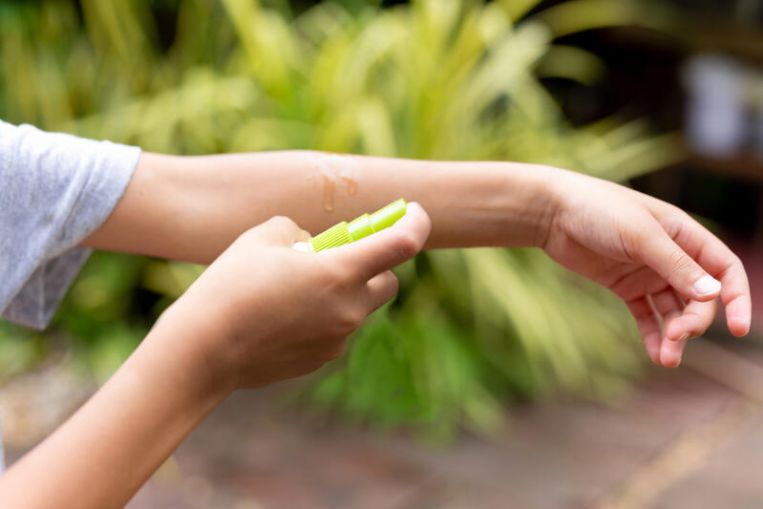SINGAPORE – Dengue fever is widespread in Singapore and in the region of South-east Asia. The prevalence of the virus is closely tied to the prevalence of the Aedes mosquito, the transmitter of the infection.
Infectious disease specialist at Mount Elizabeth Novena Hospital Leong Hoe Nam gives some tips on taking precautions against the virus:
1. Expose as little skin as possible
The best protection is to avoid getting bitten by mosquitoes. The chances of being bitten are significantly reduced if you expose as little skin as possible.
When in an area with mosquitoes, wear long pants, a long-sleeved shirt and socks.
2. Use a mosquito repellent
Use a mosquito repellent with at least 10 per cent diethyltoluamide (DEET), a substance that repels biting pests.
A higher concentration of DEET is necessary for longer lengths of exposure, but avoid using DEET on young children.
At the same time, avoid wearing heavily scented soaps and perfumes as these are known to attract mosquitoes.
3. Installing structural barriers
At home, install structural barriers such as window screens or insecticide-treated netting. Nets that have been treated with insecticides offer more protection against mosquitoes.
Nets that have been treated with insecticide not only kill mosquitoes and other insects, they are also a physical barrier that prevents mosquitoes from entering the room.
4. Eliminate possible breeding grounds
Aedes mosquito prefers to breed in clean, stagnant water in your home, so eliminate any possible breeding locations. This includes buckets, watering cans and receptacles.Read More – Source
SINGAPORE – Dengue fever is widespread in Singapore and in the region of South-east Asia. The prevalence of the virus is closely tied to the prevalence of the Aedes mosquito, the transmitter of the infection.
Infectious disease specialist at Mount Elizabeth Novena Hospital Leong Hoe Nam gives some tips on taking precautions against the virus:
1. Expose as little skin as possible
The best protection is to avoid getting bitten by mosquitoes. The chances of being bitten are significantly reduced if you expose as little skin as possible.
When in an area with mosquitoes, wear long pants, a long-sleeved shirt and socks.
2. Use a mosquito repellent
Use a mosquito repellent with at least 10 per cent diethyltoluamide (DEET), a substance that repels biting pests.
A higher concentration of DEET is necessary for longer lengths of exposure, but avoid using DEET on young children.
At the same time, avoid wearing heavily scented soaps and perfumes as these are known to attract mosquitoes.
3. Installing structural barriers
At home, install structural barriers such as window screens or insecticide-treated netting. Nets that have been treated with insecticides offer more protection against mosquitoes.
Nets that have been treated with insecticide not only kill mosquitoes and other insects, they are also a physical barrier that prevents mosquitoes from entering the room.
4. Eliminate possible breeding grounds
Aedes mosquito prefers to breed in clean, stagnant water in your home, so eliminate any possible breeding locations. This includes buckets, watering cans and receptacles.Read More – Source












